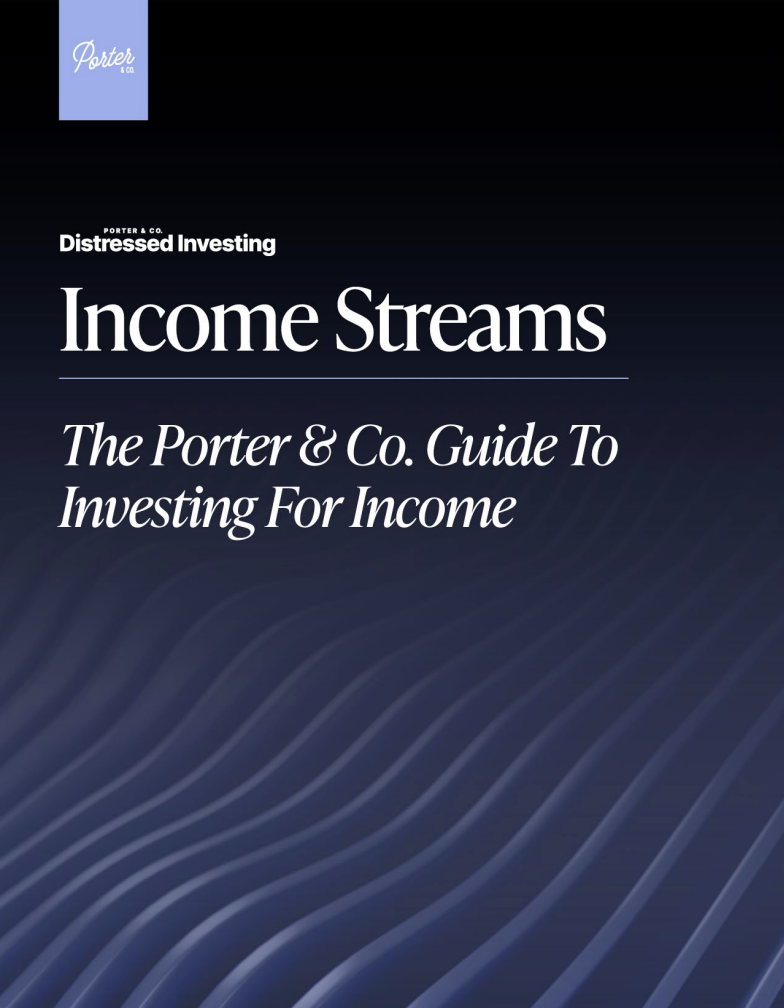Sell Alert: AMC Entertainment 6.125% bonds maturing May 15, 2027… Hold AMC shares
In our October 10, 2024, report “Making Money Off Making Movies,” we recommended buying AMC Entertainment (NYSE: AMC) 6.125% bonds maturing May 15, 2027. Our optimism was based on improving operating results and comfortable liquidity – in part because the company was supplementing its cash by selling new shares to the public. Now we think



